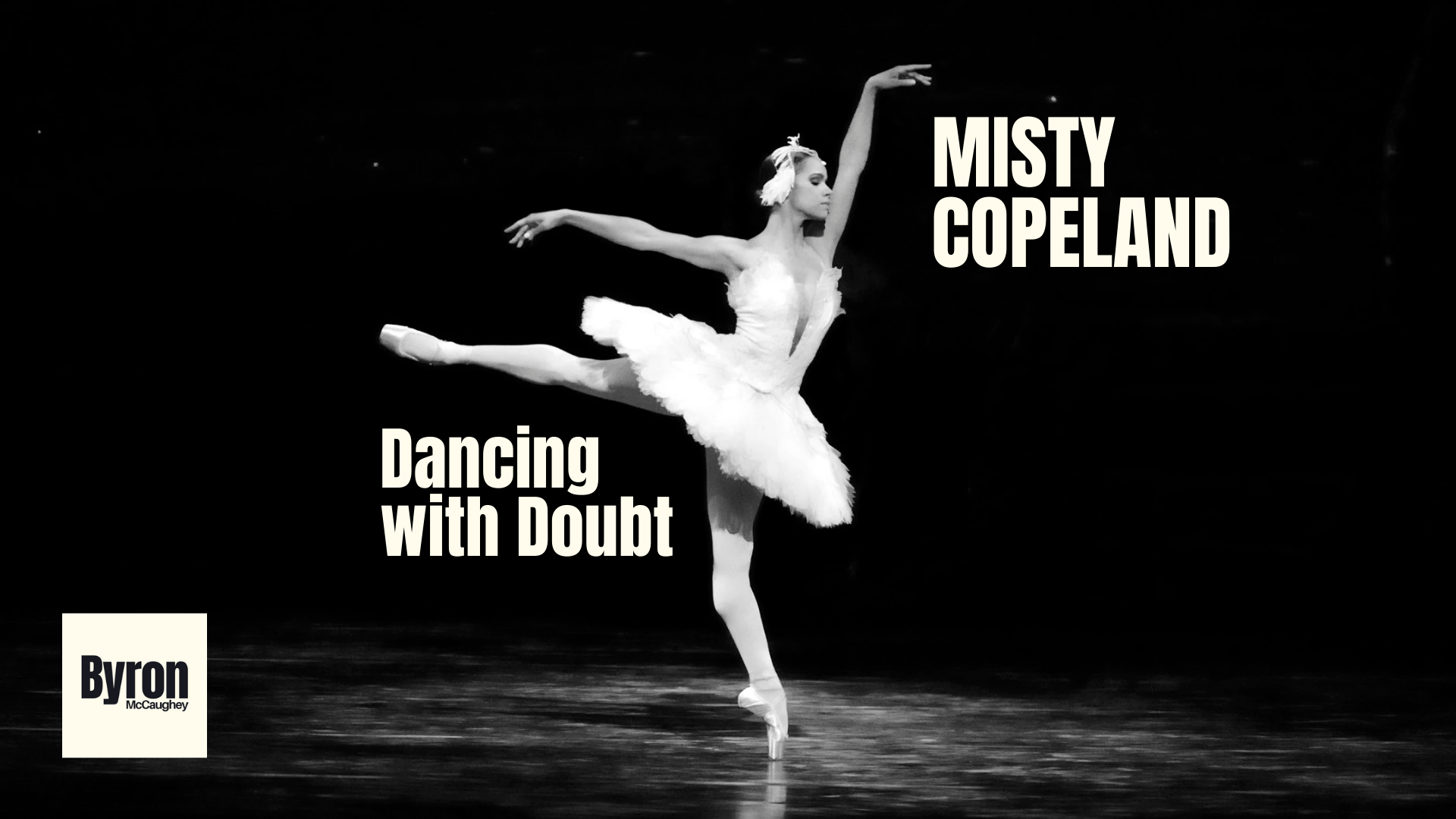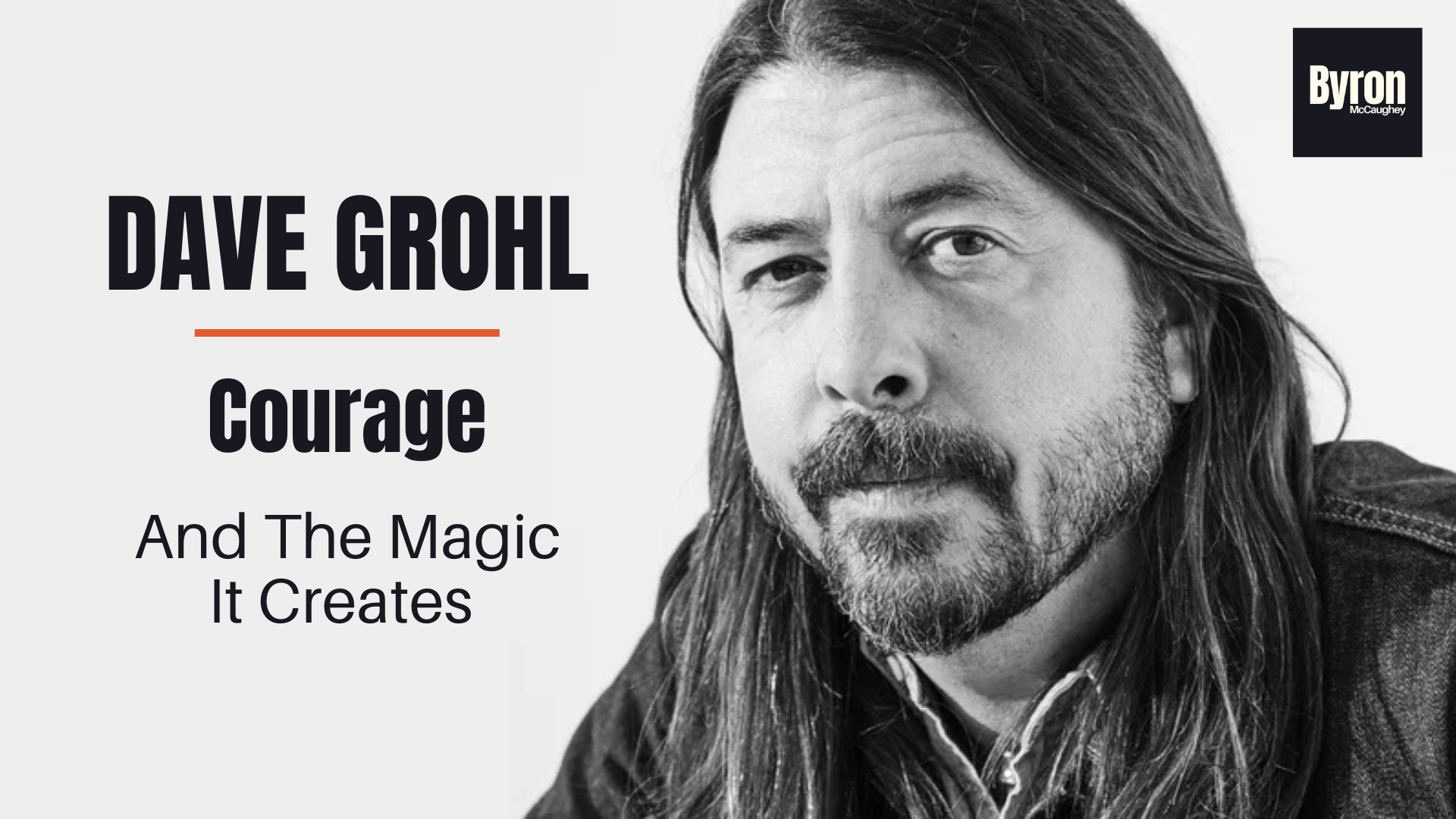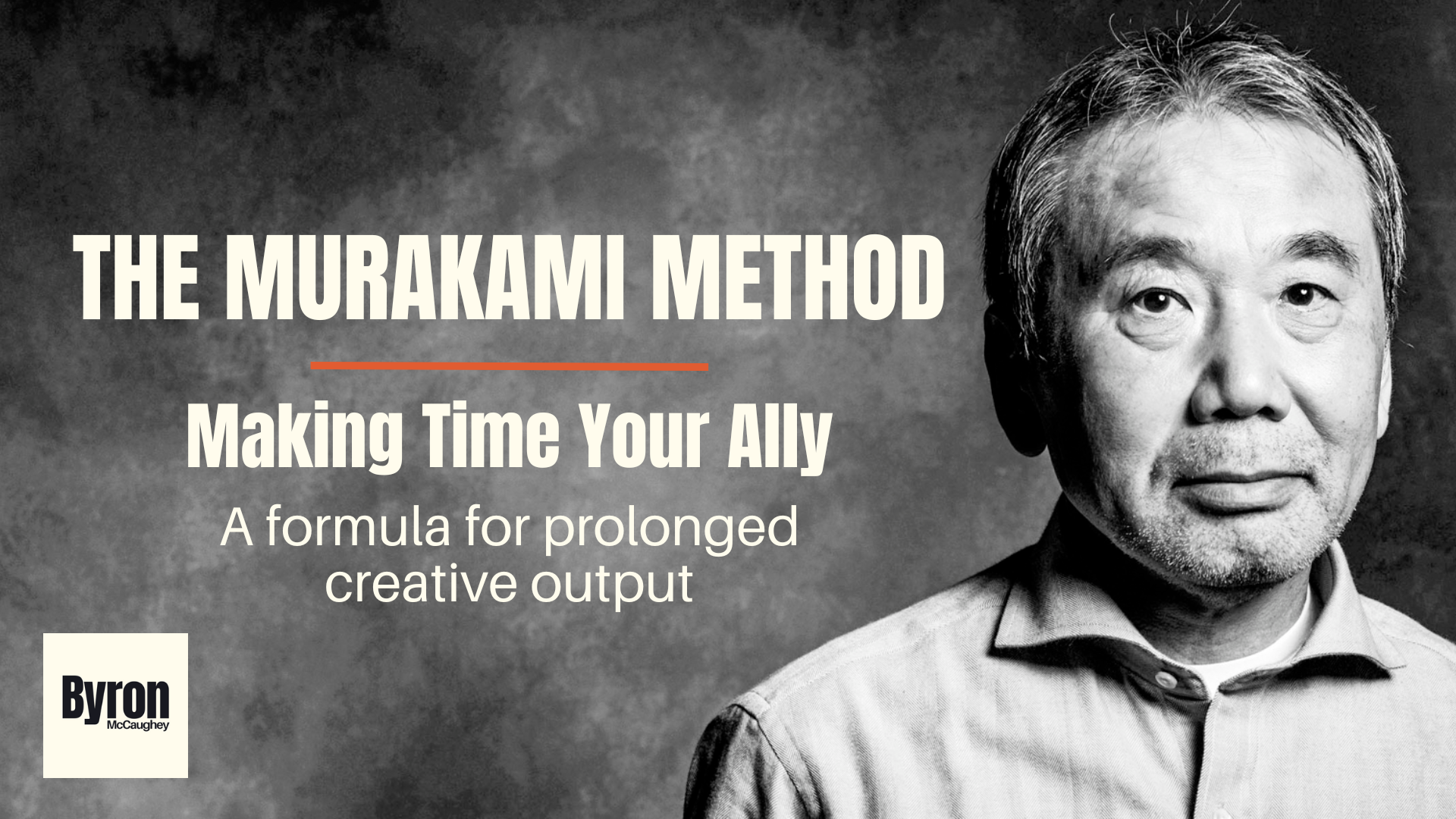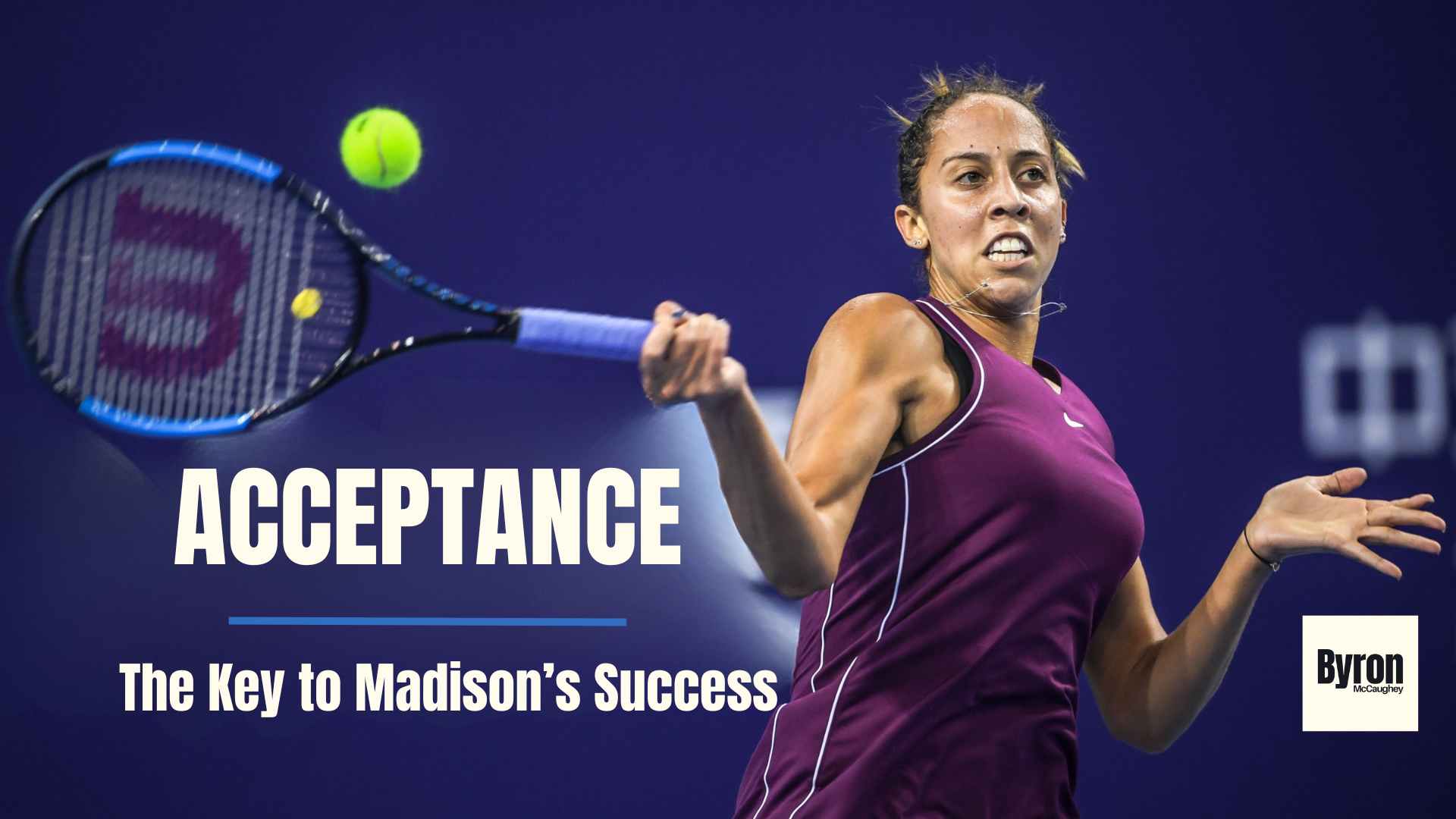Misty Copeland became the first African American female principal dancer with the prestigious American Ballet Theatre—but that wasn’t supposed to happen.
Told she didn’t have the ‘right’ ballerina body—too muscular and curvy. Her background didn’t fit the mould of what a ballerina ‘should’ be, and she started ballet far too late to make it as a professional.
These external opinions were coupled with internal doubts. Misty’s mind would tell her that she doesn’t belong in this world, that she’s too different, and that maybe she’s not cut out for this.
It’s natural for our minds to jump to protective conclusions, a throwback to our prehistoric ancestors who were hardwired for protection above all. Our mind is simply doing what it thinks is best, trying to shield us. In Misty’s case, protecting her from the potential pain of rejection, embarrassment of failure or hurt of unfulfilled dreams.
The issue comes when this protective mechanism causes us to take actions that pull us away from our core values and what truly matters to us. For Misty, that’s a love of dance, a commitment to represent diversity in ballet, and her desire to inspire others.
So in spite of these doubts, Misty continued to take action aligned with her values—pouring herself into her work, refining her technique, and pushing the limits of her craft. She recognised that doubt can co-exist with values-aligned action.
Here is a quick but powerful tool called Thanks…but, which will help change your relationship with doubt and take meaningful action in your life:
- Acknowledge: notice what your mind is telling you (the doubt!)
- Say thanks: “Thanks mind, I know you are only trying to protect me.”
- Take action: “But, I’m going to <insert action aligned with your values>, because <insert reason why this value is important to you>.
So for Misty, this might have been:
Hi mind, I notice you are telling me that I should give up on ballet because I’m not like all the other girls…thanks, I know you are only trying to protect me…but I’m going to keep showing up for ballet because I love to dance and want to show others the importance of representation.
By recognising our mind’s protective role, we can experience doubt with compassion and ensure it doesn’t steer our lives away from what truly matters.
Part of Short Tales of Psychology—a series about interesting humans and the psychological lessons we can apply to enhance our mental wellbeing and optimise performance.







